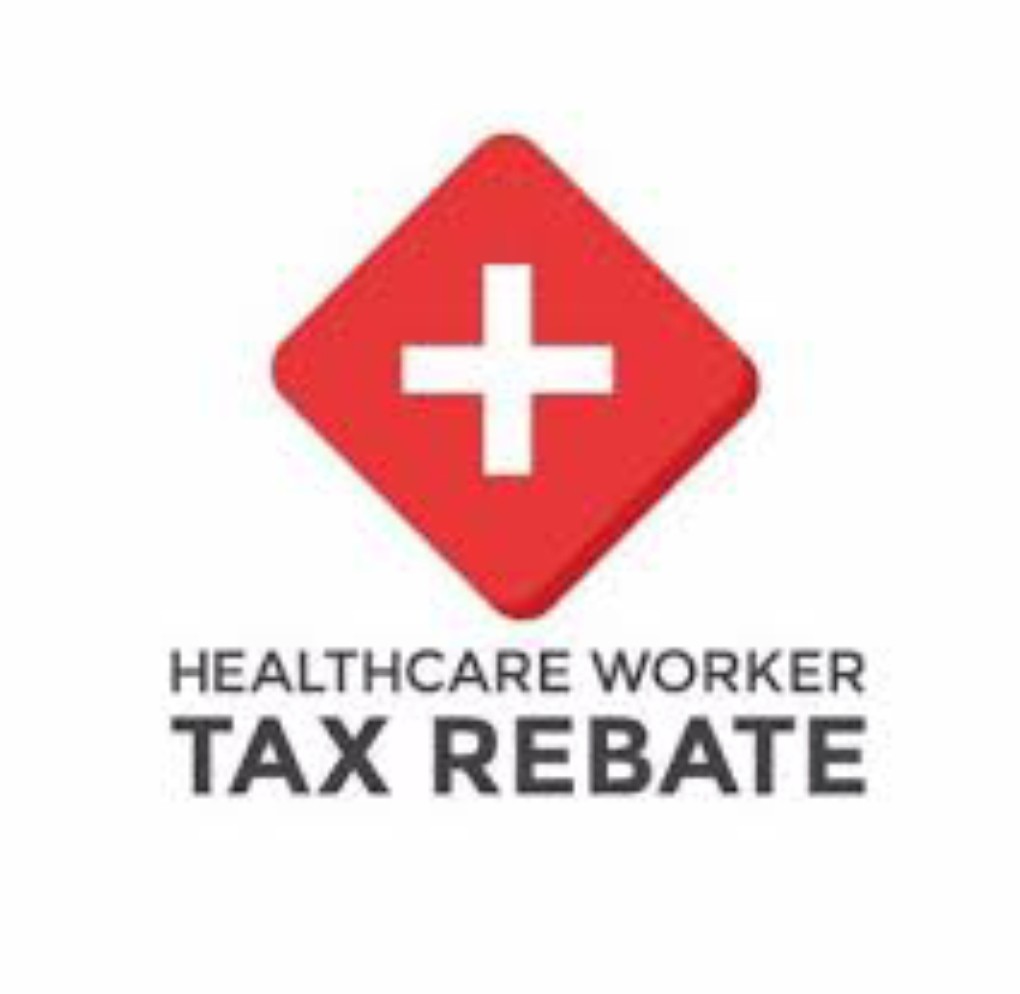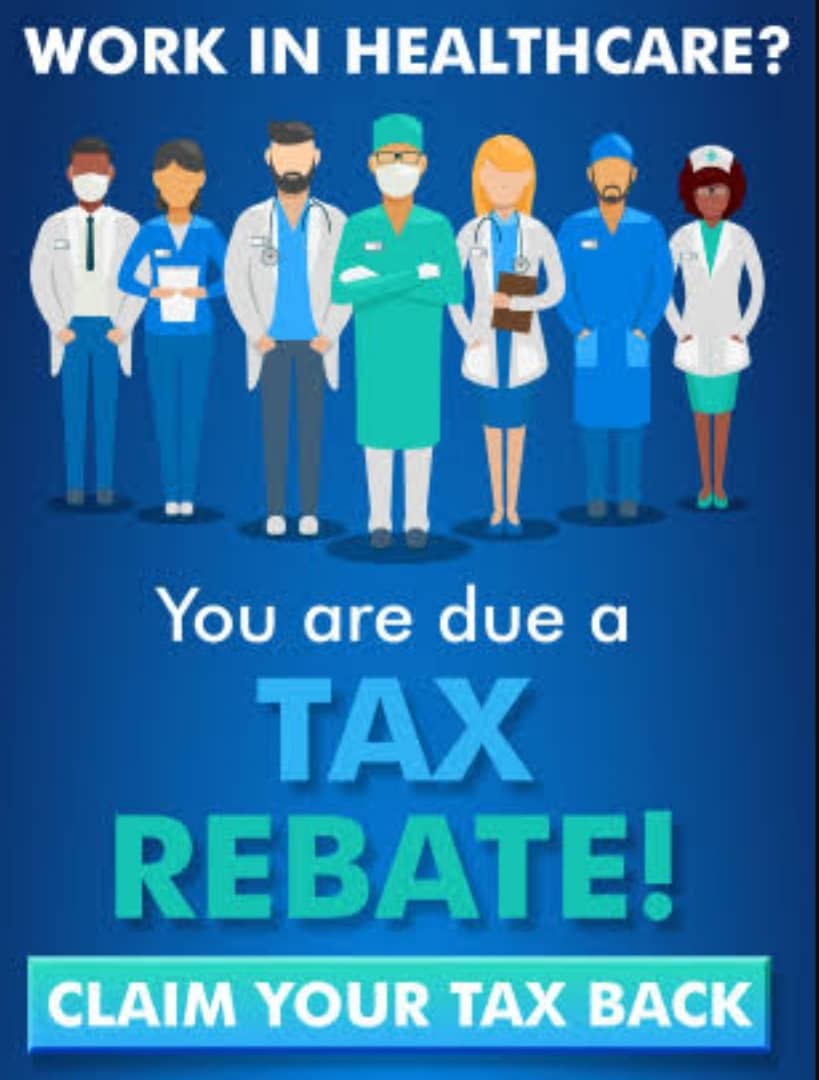Naturally, there are benefits in taking care of people who need to be taken care of, and even more rewarding when you’re being taken care in other ways, including when you as a care worker gets tax rebates from the government.
Care workers play a very important role in society. You don’t want to underplay the person who takes care of your home, family or the physically challenged when you’re busy making money for living. As a matter of fact, the worklife of the middle class and high income earners is so high that they barely have the time to step into the home business, that’s the reason care workers are one of the most sought for jobs in the developed nations and cities.
The International Labour Organization (ILO) reported that “By 2030, the number of care recipients is predicted to reach 2.3 billion, driven by an additional 0.1 billion older persons and an additional 0.1 billion children aged 6 to 14 year.” A report which shows that the world will need more care workers in the nearest future.
The World Health Organization (WHO) has also thrown its backing by declaring 2021 as the International Year of Health and Care Workers (YHCW) in appreciation and gratitude for their unwavering dedication in the fight against the COVID-19 pandemic.
In supporting their effort in curbing the pandemic that has ravaged the economy of the world, WHO launched a campaign which is to run through the year with the theme – Protect. Invest. Together.
In fact, one of the objectives of the campaign is to ensure that health and care workers are prioritised for the COVID-19 vaccine in the first 100 days of 2021.
That is not all, the important roles care workers play led to creating tax rebates in many countries such as the United Kingdom, Ireland, Australia among others, helping care workers from paying too much of their income tax to the government.
Who are Care workers?
In simple terms, a care worker is someone who helps other people with particular problems or special needs to carry out some house chore.
They help vulnerable people in managing their daily activities and carrying out the home tasks.
Care work can be classified into two intertwining activities: direct and relational care activities which include feeding a baby or nursing an ill partner or the elder; and indirect care or impersonal activities which take care of the surrounding such as cooking and cleaning.
For instance, Mr. Charles is in his late 70’s, living in the countryside. Roseline was hired to take care of Mr. Charles, popularly called Grandpa, carrying out the domiciliary care service and other necessary activities.
Roseline activities as a care taker includes personal care, washing, laundry, dressing and maintaining Grandpa’s hygiene, as well as helping him with basic day-to-day or administrative tasks like paying bills.
Roseline work duty classified her as a typical care worker who takes proper care of the old, in this case, Mr. Charles.
Not only elders that care takers can help out, they can also help in caring for babies, the vulnerable, health-challenged patients, and even pets.

How Does Care Worker Tax Rebate Work?
The tax rebate is based on the claims made by a care worker through a third-party agency or organization.
For a care worker to have access to the tax return, it has to be an expense made from his or her own income (which has not been reimbursed by his or her client) and also, there must be a valid record for the expense made which can be in the form of receipts.
Let’s say Roseline took Grandma for medical checkups with her private car. At the end of the tax year, she laid a claim for tax returns on the mileage and the parking fees used in the course of taking her client to the hospital. Analysis will be carried out on her claims by a tax consultant or a qualified agency (let say X-Gen Agency). X-Gen then interceded on her behalf to get a tax rebate on her claims.
Depending on the country, there are many tax rebate agencies that are available for Care workers in their respective country to use. While some agencies are specifically serving care workers in getting their rightful tax rebates from the government, others are in partnership with necessary Non-Governmental Organizations (NGO) to support care workers in paying higher income tax.
What Claims Are Eligible for Tax Rebate?
These are the highlight of claims are eligible for tax rebate for care workers:
Personal phone and internet expenses in the course of carrying out the duty. As a care worker, you’re eligible to claim any phone or internet subscription made to serve your clients duties and activities for the benefits of the client.
Expense made on getting personal goods or services for the client which has not been reimbursed. Personal goods such as uniforms, food stuff, service subscriptions among others, a care worker has the right to get tax returns on such claims with necessary proof.
Car expenses used in carrying out a client’s duty and activities such as fuel cost, packing fees, maintenance cost etc. can also be claimed in tax rebates at the end of the tax year.
Expense made on equipment or tools needed for clients duties. If there are tools or equipment needed to carry out the necessary work duty of a care worker but not provided by the client, this can also be claimed for tax return when if gotten by a care worker
Cost of self education in attending training or course in relation to current client’s needs and supports.
Are you a care worker? It’s time to get your tax rebate
If you are a care worker or you know anyone into the service of taking care of others or providing domiciliary care service, it’s time to take care of them too. Research the available agency in charge of tax rebates and take the steps to ensure you follow the necessary requirements in getting tax rebates.
Care Worker Tax Rebate has been on the forefront of tax rebates for Care Worker in the United Kingdom since 2012. It claims to have made up to £18 million in tax refund with over 16,000 care workers claims. With the goal of fighting for care workers’ rights, its mission is to provide domiciliary care workers with a level playing field when it comes to their personal tax affairs and dealing with HM Revenue & Customs
In the same way, Airtax is a digital tax service that was created specifically for the needs of self employed, including care workers and independent contractors residing in Australia.








